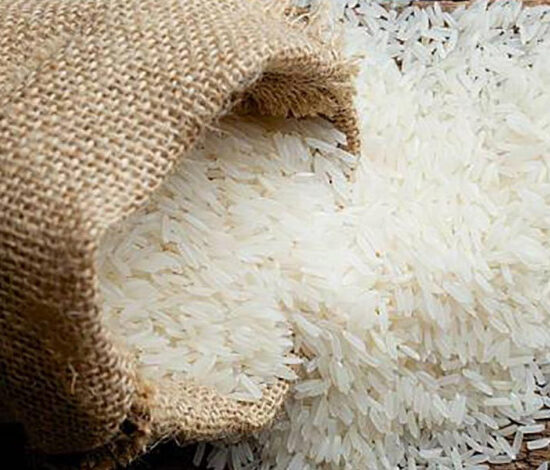
The escalating prices of day old chicks by over 100% within a period of one year has been sited among the key reasons leading to high cost of retail prices of live and dressed chickens in Zambia.
There has been public outcry following the increase in prices of day old chicks from a range of K5.50 to K6.50 last year 2020 to currently between K14.00 to K15.50 within a period of one year which has been blamed on limited supply and the Kwacha depreciation.
The limited supply is stemming from the country having very few commercial breeders which has resulted into local shortages. The export market demand has also been on the rise which has seen some breeders opting to export due to better prices.
Moreover, commercial breeders have specialised in imported layer and broiler chicken breeds whose prices are linked to the exchange rate as the parent stock, technical staff and breeder hatcheries have dollar denominated costs and components.
The Poultry Association of Zambia (PAZ) has revealed that the high capital requirement and lack of local financing solutions for setting up day old chicks breeder farms is the limiting factor which has prevented local farmers from venturing into the poultry breeding sector.
Poultry Association Executive Director Dominic Chanda said running a breeder farm also requires expertise and the cost of hiring experts to run breeder farms is expensive as it is more technical at a breeder farm level than it is at growing chickens.
Chanda said most of the experts running breeder farms come from outside the country as very few local people have the expertise or experience to run a breeder farm, which makes it expensive, adding that for instance, just to hire a Veterinary doctor to help run the farm is also costly.
Speaking in an exclusive interview with the Zambian Business Times – ZBT, Chanda said the various costs associated with managing a breeder farm have made it difficult for local people to venture into the business on a small scale, as it requires huge capital investment. So, there is limited competition in this sector due to some entry barriers.
He said the grandparent stock breeders, which produce the male and female parent line have to be imported from Europe, which is a very complicated process especially if being done at small scale business level.
“You have what are called breeder farms, you have what is called the hatcheries, you have a breeder farm for grandparents, you have a breeder farm for parent stock, then from there you have the hatcheries, these are all costly to set up and operate”, he said.
Chanda said individuals or companies running breeder farms also have to adhere to the local regulations because environmental issues also come in when setting up a breeder farm, so there is need to do the environmental impact assessment, which can also be expensive.
He noted that there are also inspections conducted by the councils and other relevant authorities who conduct inspections every after two months. All these regulatory requirements have costs which have been a hindrance to local businesses setting up alternative breeders.
However, Some researchers spoken to by ZBT have instead challenged local poultry farmers to be innovative by coming up with novel ways to bread local (village) chickens to fill up the gap and meet the growing demand of chickens.
Do we surely have to import parent stock when we have village chickens which are also on high demand? Let’s also challenge our local Agro experts and poultry farmers to instead look at how they can fill up the gap by setting up breeders for our local village chickens?.
Moreover, even if the over 100% price increase is being blamed on the local currency – the Kwacha which depreciated by about 61% in the same period, when you consider the fact that day old chicks prices have gone up by over 100% within a year when the Kwacha depreciated by 61%, there is more to it than meets the eye.
Blaming these price increments on the Kwacha depreciation alone is questionable. More to follow on village chickens







